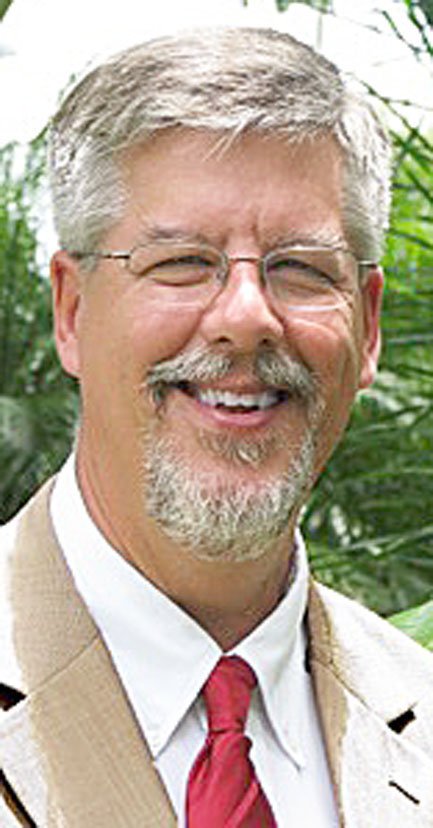How should we respond to such thinking? Certainly not by condemning Roberts's motives. It's refreshing to see someone born rich who cares about those who weren't. His charitable giving is to be commended, as is his self-restraint. And, frankly, as I read his article (accompanied by brilliant illustrations that drive home his points), my heart went out to him.
Nonetheless, there are serious problems with his thinking.
Is "wealth inequality" unjust by definition? Why, then, hasn't he already divested himself of everything he owns except what would equal the average net worth of people around the world?
Is war always wrong? Or would he have preferred that the Third Reich, or Soviet Communism, achieve its aim of conquering the world?
And just what forces connect wealth inequality, climate change, and war -- and what would he have done about those forces?
How can anyone buy a used sofa -- or any sofa at all -- if nobody buys a new one?
What constitutes a modest first home -- something typical of Corinth, Miss., where median home value is $105,900? Or of Boston, where Roberts lives and the median home value is five-and-a-half times as much, or Manhattan at 11 times as much, or San Francisco (tack on another hundred grand)?
Or -- let's get real now, and care about the whole world, not just wealthy America -- is $1,000 a square foot, common in Boston, "modest," or $99 (7,000 rupees) a square foot, common in Bengaluru (Bangalore), India's "silicon valley"? Or next to nothing for the cardboard shacks in which millions of the poor of Africa, Asia, and Latin America live?
And what's the dividing line between a moral system and an "immoral" one that allows people to amass such wealth while others struggle? Is personal net worth of $10,000 okay, but not $11,000? Or $250,000 but not $300,000? What objective standard justifies where Roberts draws the line?
And what is "excess" wealth? Consider millionaires and billionaires -- the sort of persons Roberts thinks "the system" should disallow. What do millionaires and billionaires do with their "excess" wealth?
Well, they might buy stocks or bonds -- providing the capital to pay workers, equip them with expensive tools that enable them to produce the food, clothing, shelter, transportation, medical care, and other benefits still other people need.
They might buy a second or third house (or a yacht, or a private jet), construction of which employed workers whose wages provided food, clothing, shelter, transportation, medical care, and other benefits to themselves and their families.
Maybe they'll just stick it in a bank account -- from which the bank will make loans to companies that will employ people to make things that benefit others.
About the only thing they can do with it that will be of use to nobody is hide it under the mattress. (Let me know if you run into a millionaire who does that. I'm curious to meet such an eccentric.)
It's pretty clear that Roberts thinks there's something particularly immoral about accumulating wealth from fossil fuels. Yet using those fossil fuels has lifted billions of people out of the poverty that breaks Roberts's heart by providing not only energy but also plastics that prevent foods from spoiling; fertilizers that allow farmers to grow more food on less land to feed the growing human population while leaving land available for wildlife; pharmaceuticals that heal diseases; and literally thousands of other products derived from them.
And when he bemoans fossil fuels' contribution (however great or small) to climate change, does he weigh that against all those other benefits from them -- plus the roughly $3.2 trillion in extra crop yields the CO2 emitted from them added to global crop yields (making food more available for the poor) from 1960 to 2012, with another $9.8 trillion expected by 2050?
•••
Editor's note: This is the second in a three-part series. E. Calvin Beisner, Ph.D., Founder and National Spokesman of The Cornwall Alliance for the Stewardship of Creation and a former professor of historical theology and social ethics at Knox Theological Seminary, is author of Social Justice vs. Biblical Justice: How Good Intentions Undermine Justice and Gospel. He is former editor of the Pea Ridge TIMES.
Editorial on 09/18/2019

